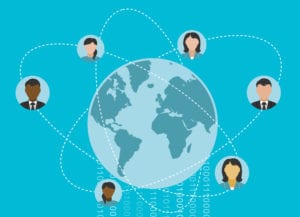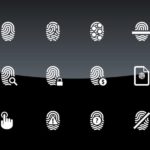Accenture’s work with Microsoft on the ID2020 project is one of the highlights of its 2017 Corporate Citizenship Report.
The report is aimed at showcasing the company’s social contributions over the past year, highlighting things like a 50 percent reduction in carbon emissions per employee, and its success in helping to equip 2.2 million people with employment and entrepreneurship skills. In a statement summarizing such social achievements, the company framed its work with Microsoft on ID2020 as an effort “[t]o solve challenges associated with individuals without officially recognized identities,” adding that the companies are “using blockchain and biometric technologies” to help such individuals “to access and share their data electronically.”
Accenture and Microsoft are not alone in looking to these kinds of sophisticated technologies to help such vulnerable populations. The United Nations’ refugee agency, for example, has emerged as a strong proponent of biometric identification for refugees, deploying this approach in a growing number of settlements for displaced persons. The agency has argued that biometric IDs can offer a reliable source of identification and help individuals to access aid and other resources, while it can also help government authorities hosting refugees to effectively administrate such populations and reduce security risks.
ID2020 is a UN-led project as well, one revolving around public-private partnerships aimed at achieving United Nations Sustainable Development Goal 16.9: the provision of legal identity for everyone in the world. And it looks like blockchain and biometric technologies are poised to play an important role in that effort, at least where Accenture and Microsoft are concerned.
–
April 4, 2018 – by Alex Perala







Follow Us